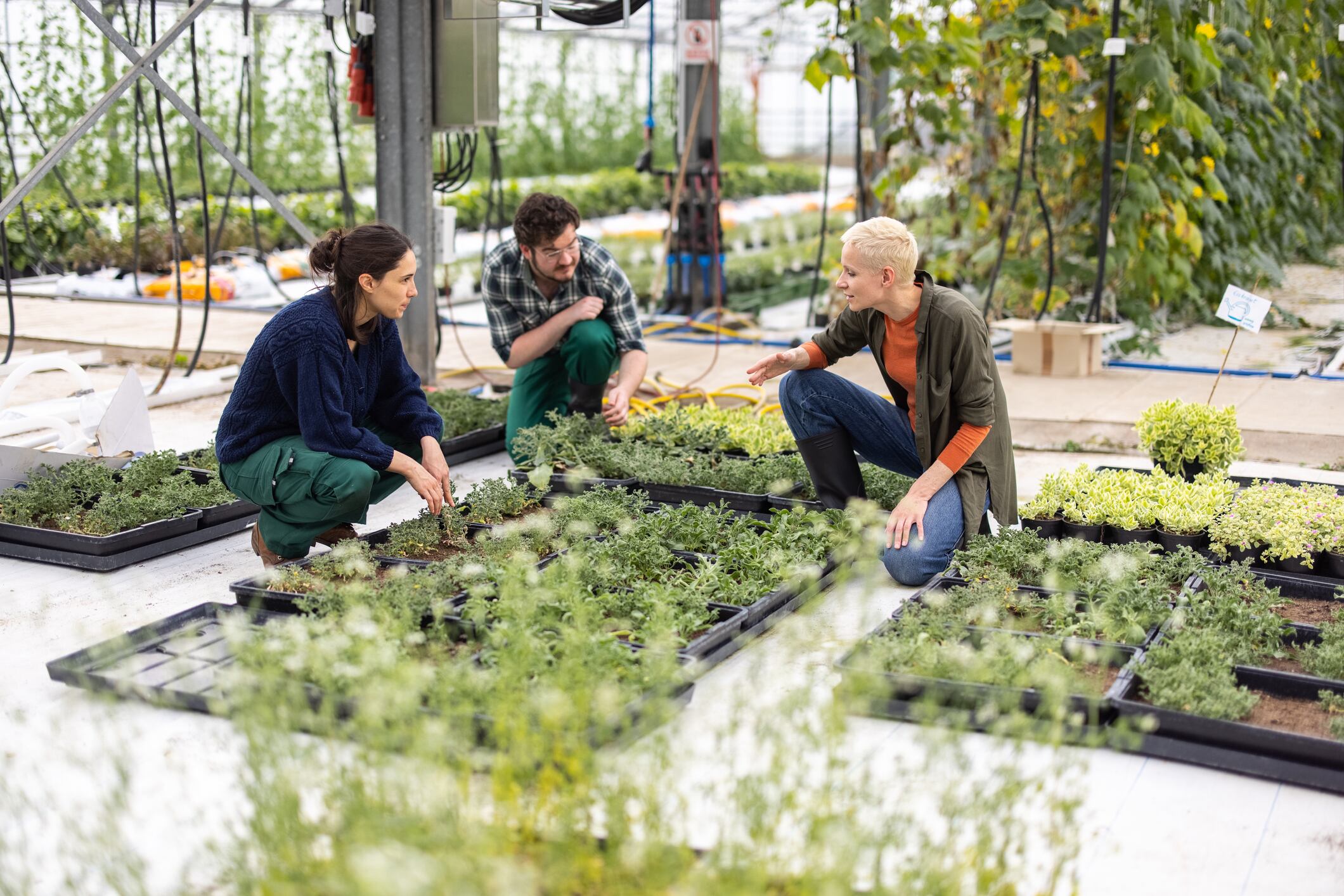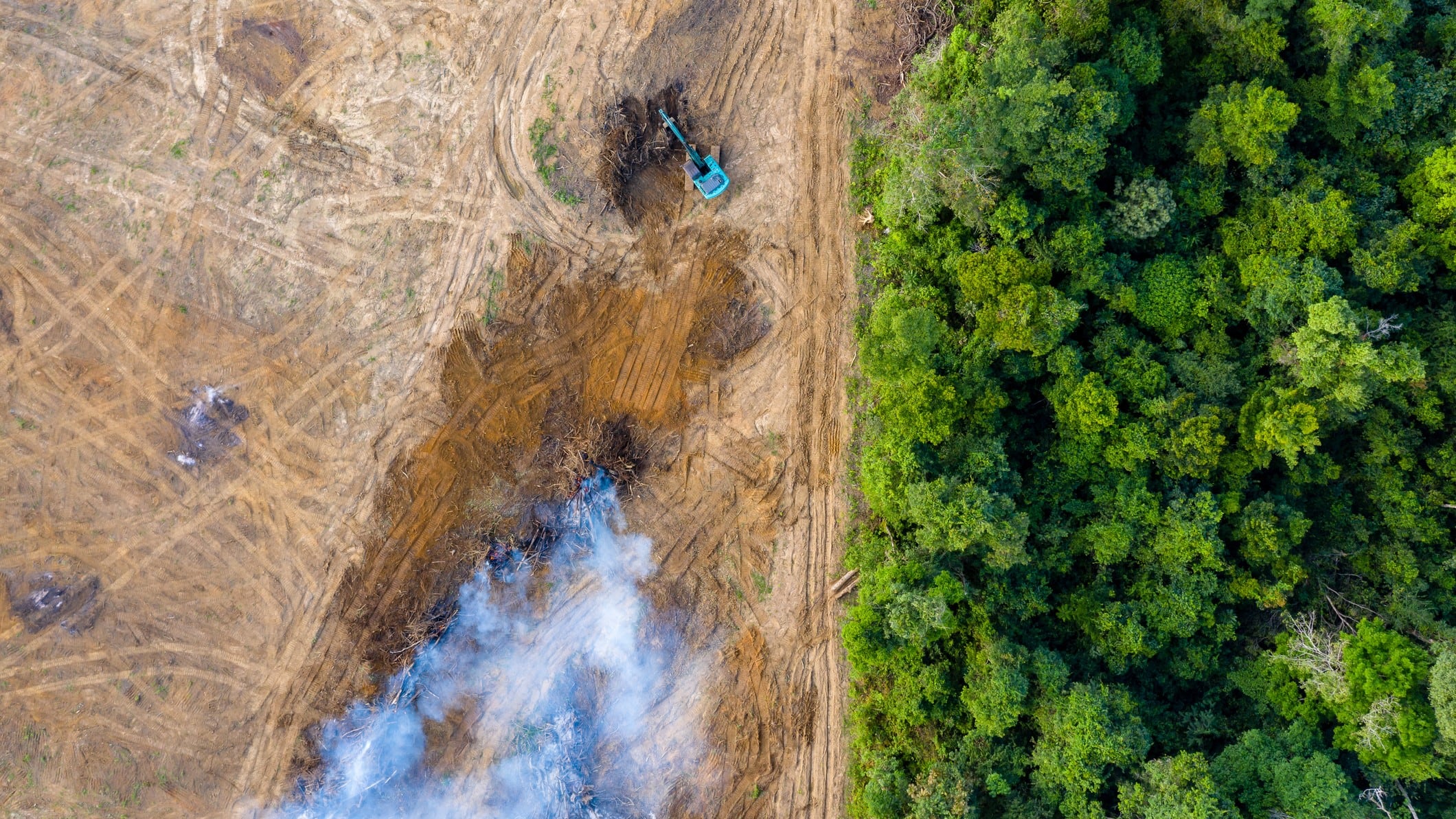With agriculture and technology becoming increasingly intertwined, incorporating social science perspectives can help ensure technological advancements are not only effective but also socially and ethically responsible.
With an extensive understanding of human behaviour, social structures and cultural contexts, social scientists can engage in holistic problem solving by identifying societal and cultural barriers to technology adoption.
A new study has suggested they can conduct user research and gather insights into the needs and preferences of farmers, consumers and other stakeholders in the agriculture sector and assist in assessing the long-term societal impacts of agtech innovations.
In doing so, they can contribute to tailored agtech solutions to meet specific requirements and help ag-tech companies improve their technologies to better meet evolving societal needs.
At the same time, the agtech industry often deals with complex ethical dilemmas — such as genetically modified organisms (GMOs) and data privacy — and sustainability issues. Social scientists can help to navigate these sensitive issues and develop responsible technological solutions that align with societal values and are also environmentally and economically sustainable.
Furthermore, they are well-equipped to analyse policy and regulation that impact the ag-tech industry and provide insights into how new technologies might be received by regulatory bodies and society at large, helping companies anticipate potential challenges and opportunities.
Incorporating social scientists into interdisciplinary ag-tech collaborations can lead to more well-rounded and impactful innovations that consider both technological feasibility and societal acceptance. It is, therefore, essential to foster open communication, mutual respect and shared goals among experts from different disciplines to create a collaborative environment conducive to meaningful progress.
Manifesting progress
In a bid to bridge the gap between scientific innovation and societal needs, a group of inter-disciplinary scholars from New Zealand, Germany, the Netherlands, the US and Canada has published a manifesto emphasising the critical role of social scientists in ag-tech collaborations. It outlines a three-pronged approach: elucidating the contributions of social scientists, highlighting obstacles to substantive collaboration, and proposing strategies to surmount these challenges.
The document underscores the critical urgency of inter-disciplinary collaboration in the agri-food domain, as it grapples with challenges like climate change adaptation, sustainable food production and supply chain disruptions due to crises such as the COVID-19 pandemic and geopolitical conflicts.
Notably, the familiarity and urgency of these issues often lead to a rush for technological solutions by STEM (science, technology, engineering, and mathematics) researchers and funders, who might disregard the underlying social and environmental complexities.
The authors — who hail from the University of Auckland, University of Munich, University of Ottawa, Wageningen University, University of California and several other American universities — advocate for the active inclusion of social scientists in the innovation process to mitigate potential pitfalls. They reference historical examples, such as the controversy surrounding GMOs, to demonstrate the societal backlash that can arise due to a lack of consideration for social and environmental consequences during innovation.
Structural barriers and how to overcome them
The manifesto highlights six structural barriers that hinder the effectiveness of inter-disciplinary collaborations between social scientists and STEM researchers and suggests ways to overcome them.
The first barrier it focuses on is social science as an afterthought, where even in inter-disciplinary projects, social scientists are brought in only after research priorities have been set, limiting their ability to contribute meaningful expertise. To address this, the manifesto suggests building relationships between STEM and social science project leaders early on and requiring research proposals to include empirical evidence of societal needs.
The next barrier is the expectation of positivist frameworks — STEM research often prioritises quantitative measures of impact, while social scientists draw from qualitative frameworks. This disconnect leads to misunderstandings and limited integration of social science insights. The manifesto recommends integrating social scientific leadership early in project planning to bridge disciplinary differences. Project leaders should have open and honest discussions about what each field brings to the project and ensure contributions and requirements are built into research protocols.
Limited expression of social scientists' ideas is another barrier, where different definitions of project success between social scientists and STEM researchers lead to limited sharing of social science findings within collaborations. The manifesto proposes making critical discussions a regular part of research processes and establishing mechanisms to handle conflicts and support constructive dialogue among disciplinary teams.
The fourth barrier the manifesto highlights is the narrow scope of social science questions. Many technology development projects narrowly define the scope of social science questions, limiting social scientists’ contributions. To overcome this, the manifesto suggests providing social scientists with independent budgets and autonomy to design their own research questions — this will ensure adequate funding use and relevant social questions being addressed.
There is also the misconception of social scientists as public representatives as a barrier — social scientists are often expected to represent "the public" within projects, neglecting the input of relevant stakeholders and end-users. The manifesto calls for projects to integrate social scientific findings on public values and needs into technology design processes to understand and address public concerns.
The last barrier the manifesto lists is the expectation of social scientists as educators. Social scientists are sometimes seen as translators or educators to the public, rather than contributors to critical engagement. To temper this expectation, the manifesto recommends planning for critical engagement with relevant social groups to address public concerns and integrate the feedback from this engagement into technology processes.
The manifesto concludes by urging funding agencies to integrate social science expertise and insights into funded projects, right from the inception. It also encourages a spirit of curiosity among STEM and social science researchers about each other's knowledge and skills, with the belief that this curiosity-driven collaboration will result in more enriched research experiences and socially beneficial outcomes.
As the agri-food landscape grapples with intricate challenges, the manifesto envisions a future where inter-disciplinary collaborations lead to innovations that harmoniously address both scientific and societal demands.
Source: National Center for Biotechnology Information
“Social science – STEM collaborations in agriculture, food and beyond: an STSFAN manifesto”
https://doi.org/10.1007/s10460-023-10438-2
Authors: Karly Burch, et al.




